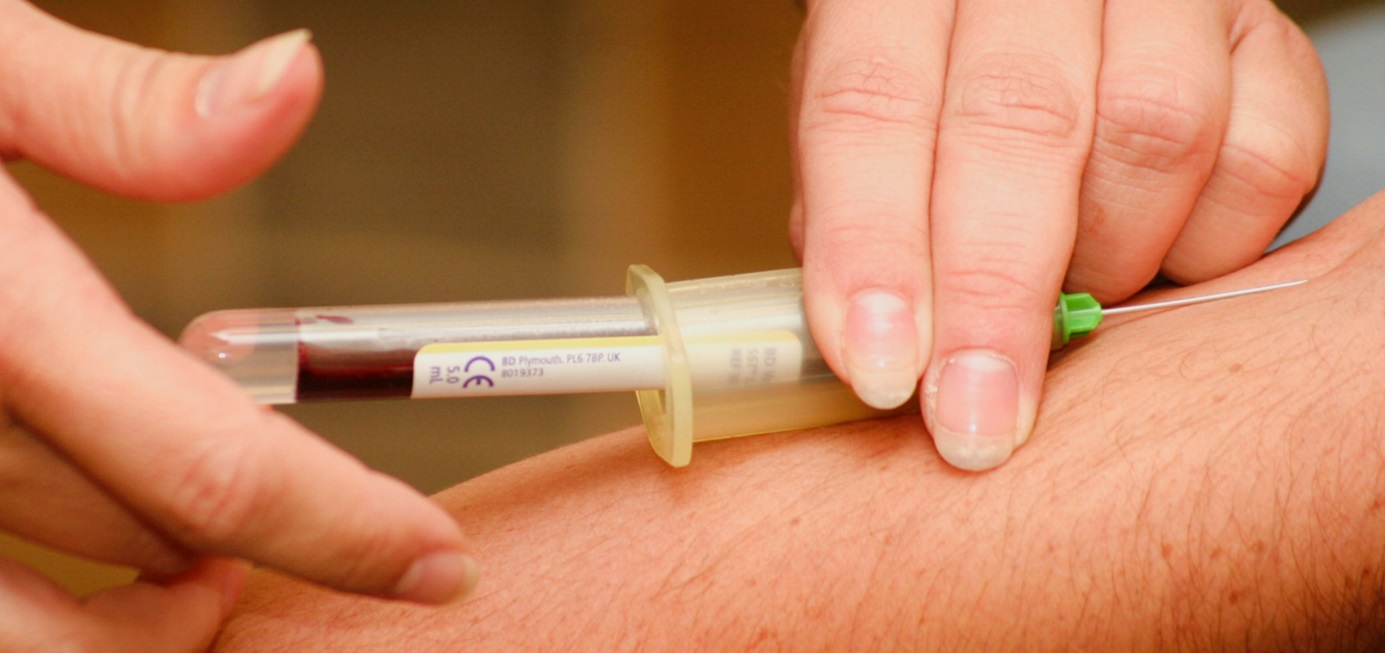Is a warrant always needed for blood draws in DUI or OWI cases?
If the police fail to get a warrant or obtain a warrant based on inaccurate or incomplete information, it may be possible to get blood test evidence excluded from a trial.

A Warrant is Required in Most Cases, But Not Every Time
The answer is no!! In the case of Missouri v McNeely, the United States Supreme Court decided that the natural dissipation of alcohol in the blood may support a finding of urgency in a specific case, but it does not do so in every case. Courts must evaluate each case to determine if a warrant was required to draw blood to be used as evidence in a DUI case.
Mr. McNeely was stopped for suspected operating under the influence of alcohol. He refused to take the roadside breath test and, while on the way to the police station, indicated he would not take the test there. The police officer took him directly to the hospital, and blood was drawn from Mr. McNeely without a warrant. The blood results showed Mr. McNeely was intoxicated, and he was charged with operating while impaired. The defendant moved to have the test results suppressed, and the trial court agreed. The trial court determined that the “exigency exception to the warrant requirement did not apply because, apart from the fact that as in all intoxication cases, the defendant’s blood alcohol was being metabolized by his liver, there were no circumstances suggesting the officer faced an emergency in which he could not practicably obtain a warrant.”
So, depending on the level of urgency, a police officer may be able to have a blood draw in DWI cases without a warrant. Courts must now evaluate that question on a case-by-case basis.
Blood Draw in a DUI Case
In a DUI trial, the prosecutor will admit bodily alcohol content, measured with a breath or blood sample. For the blood test evidence to be admissible in Michigan, the prosecutor calls the person who drew the blood as a witness at trial. The witness must be able to testify to the following to establish the admissibility of blood evidence in DUI cases:
- the blood sample was taken in a timely manner;
- the sample was from a particular person;
- the sample was taken by an authorized licensed physician, a medical technologist, or a registered nurse designated by a licensed physician;
- sterilized instruments were used;
- the sample was properly preserved and labeled;
- proper methods of transportation were used;
- procedures used in the test sample withdrawal were proper; and
- the identity of the supervising person, under whose care the sample was withdrawn, was established.
Gas chromatography is the method currently used in Michigan for testing blood evidence for cases involving DUI, OWI, operating while intoxicated, and operating with the presence of a controlled substance.

Experienced Michigan OWI defense attorneys
The attorneys at LEWIS & DICKSTEIN, P.L.L.C. are experts in representing people charged with committing felony or misdemeanor crimes, including DUI and OWI cases. Criminal defense work is all we do. Our attorneys have decades of experience representing people charged with drunk driving or other alcohol and drug-related offenses. If you are charged with OWI or any alcohol or drug offense, contact the attorneys at LEWIS & DICKSTEIN, P.L.L.C. for their expert representation. If the government has breath or blood evidence in a DUI prosecution, we know every method there is to attack the evidence and challenge its veracity in court.
Call us today at (248) 263-6800 for a free consultation or complete a Request for Assistance Form. We will contact you promptly and find a way to help you.

